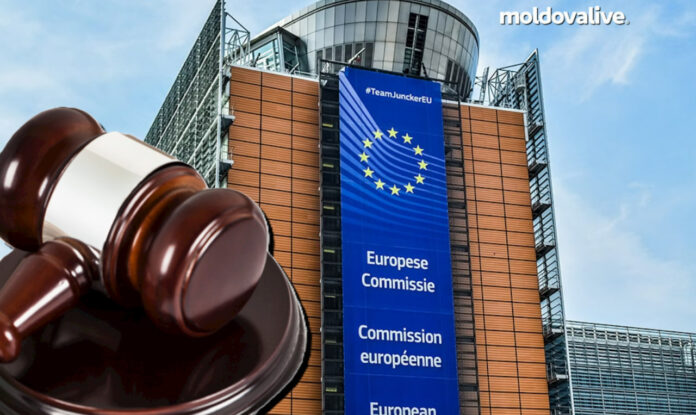The Council of the European Union recently published a proposal for a Directive to harmonize certain provisions regarding insolvency. Although the field is narrow, it could have significant importance for Moldova. According to insolvency expert Irina Selevestru, the Directive aims to ensure the smooth functioning of the internal market and remove obstacles to fundamental freedoms, such as the free movement of capital and freedom of trade.
Selevestru explained that these obstacles arise from differences between domestic legal norms in EU countries and their insolvency procedures. She highlighted one major novelty: the pre-pack mechanism. This mechanism allows the debtor’s enterprise (or part of it) to be prepared and negotiated for sale before the formal opening of insolvency proceedings, curentul.md reports.
“This mechanism could expedite the realization of the debtor’s estate and allow faster settlement of creditors’ claims. The Directive considers that selling the debtor’s business may be more advantageous than selling its separate assets. The pre-pack also allows automatic transfer of ongoing contracts—especially those essential for the enterprise—from the debtor to the purchaser, without the contracting party’s consent, while respecting contractual security and guarantees,” said Selevestru.
FOR THE MOST IMPORTANT NEWS, FOLLOW US ON TWITTER!
Some EU member states, such as Spain, already apply this procedure. For Moldova, she notes, implementing it will be more challenging because the current legislation imposes excessive formalities for asset sales. Additionally, buyers may hesitate to negotiate with potential purchasers before the open sale of assets.
The Directive also proposes allowing large enterprises to bypass the establishment of creditors’ committees and introduces provisions that enable insolvency practitioners to revoke certain actions and return assets to the debtor’s estate.
“Every EU Directive aims to harmonize legislation across member states. Investors benefit when all countries follow unified rules rather than differing national regulations. Transposing Directives into Moldova’s legislation will remove barriers in insolvency and create a logical, coherent framework for businesses under European law. This will inevitably boost investor confidence and encourage investments in Moldovan enterprises,” said Selevestru.
She added that once Moldova implements the Directive, foreign investors will have greater clarity and security when acquiring insolvent enterprises in the country.


